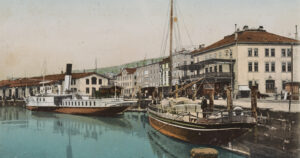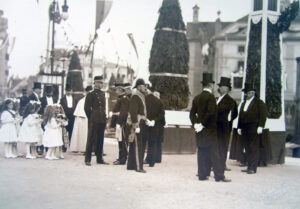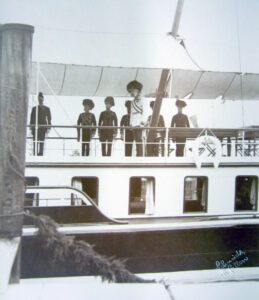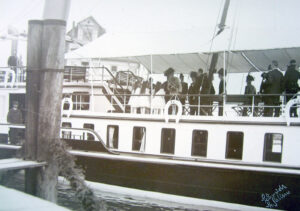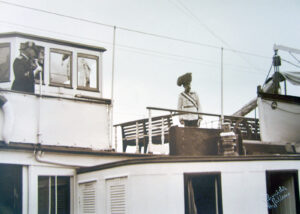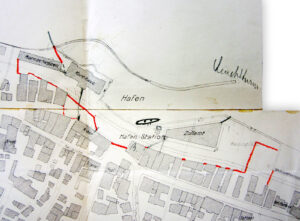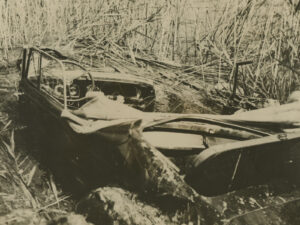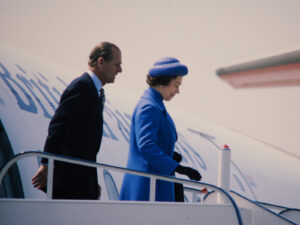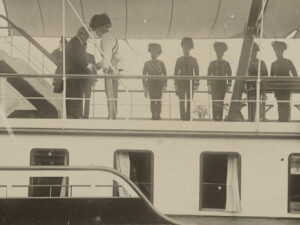
The strangest state visit of all time
In 1909 the Austrian Emperor Franz Joseph visited Switzerland. It could have been an official state visit with the mighty Emperor, but it turned out just a “courtesy call”. The Emperor didn’t set foot on Swiss soil, and was gone again after just a quarter of an hour. A strange episode in Swiss foreign affairs.
